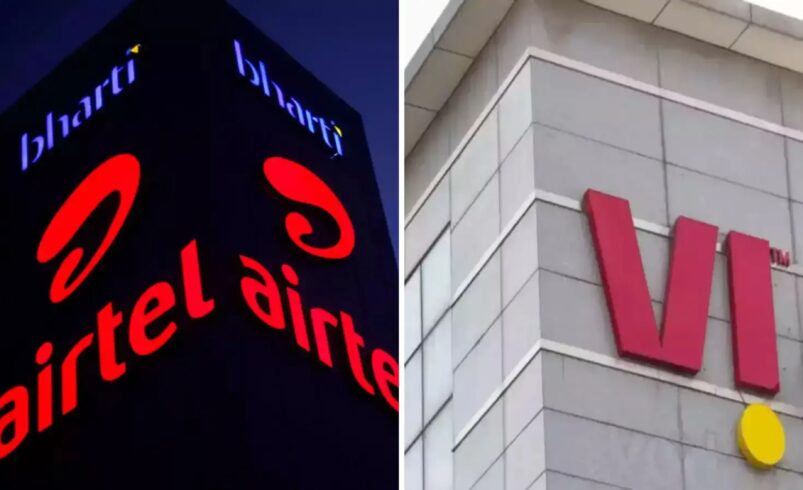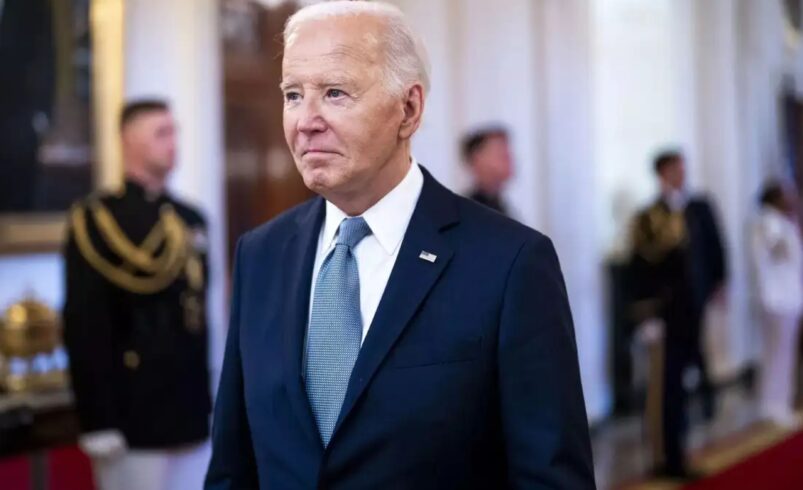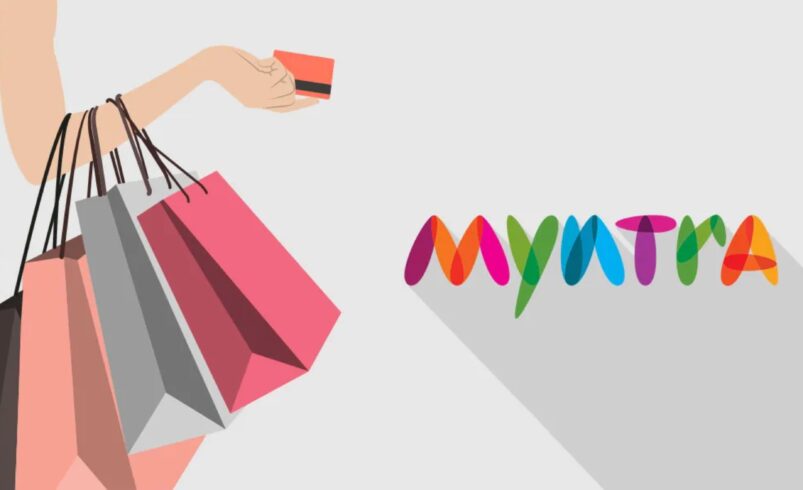In a major setback for India’s struggling telecom sector, the Supreme Court on May 19, 2025, dismissed petitions filed by Bharti Airtel, Vodafone Idea, and Tata Teleservices seeking a waiver on interest, penalties, and interest on penalties linked to their Adjusted Gross Revenue (AGR) dues. The apex court, led by Justice J.B. Pardiwala, called the petitions “misconceived” and reiterated its stand on the finality of the 2020 AGR verdict. This comes amid growing concern over the financial health of Vodafone Idea, which had recently sought relief from over ₹45,000 crore in liabilities to avoid collapse. Airtel too had requested a similar waiver citing the sector’s overall financial stress and appealing for equitable treatment.
The Heavy Burden of AGR Liabilities on Telecom Players
The telecom companies have been reeling under AGR liabilities that far exceed their principal dues due to the accumulated interest and penalties. Airtel, in its joint petition with its unit Bharti Hexacom, declared that while their principal AGR liability stood at ₹9,235 crore, the total burden including interest (₹21,850 crore), penalties (₹3,995 crore), and interest on penalties (₹8,900 crore) amounted to ₹43,980 crore. Vodafone Idea reported an even grimmer picture, citing total dues of ₹83,400 crore, including ₹12,797 crore in principal. The company emphasized that its survival, along with the connectivity of 200 million subscribers, was at stake if relief was not provided.
Telcos Argue for Equitable Treatment and Sector Stability
The telecom operators insisted that they were not challenging the Supreme Court’s AGR ruling but seeking judicial relief from the disproportionate burden of interest and penalties. They argued that such financial punishment undermined the government’s own goal of creating a stable and competitive telecom ecosystem. The companies further warned that unequal treatment of operators—especially considering the relief extended to some in the form of equity conversion—violated Article 14 of the Constitution, which guarantees equality before law. Airtel pointed out that it had previously inquired whether it could convert its dues into equity, like Vodafone Idea, but had not received a response from the Department of Telecommunications (DoT).
Government and Court Maintain Firm Stand on AGR Dues
The Supreme Court’s stance has consistently aligned with the DoT’s calculations, reinforcing that no reassessment or waiver would be permitted. In fact, the Court had earlier rejected review and curative petitions from telcos challenging the DoT’s methodology. The 2020 AGR ruling ordered telecom players to clear their dues over 10 years, starting with a 10% upfront payment by March 2021 and annual payments every March till 2031. The judgment clarified that default would attract further penalties and contempt proceedings. With over 75% of the total ₹1.47 lakh crore in AGR dues stemming from interest and penalties, the telcos’ hopes for relief through the judiciary appear to be exhausted.
The Future of Indian Telecom: A Sector in Survival Mode
The rejection of these petitions places the future of Vodafone Idea in particular under a serious shadow, as the company continues to grapple with mounting dues and minimal cash flow. While the government had converted ₹39,000 crore of Vodafone Idea’s dues into equity, the telco still owes over ₹1.19 lakh crore in spectrum and AGR-related dues. The fallout of this verdict is likely to be closely watched by investors, regulators, and millions of subscribers, as the financial viability of multiple players hangs in the balance. The verdict also sends a clear signal to the sector that the legal route for waivers has ended, and any further relief would now depend solely on government policy decisions, not judicial intervention.
Get the latest in business, markets, startups, and policy—visit businessnewsindia.in for in-depth updates and follow us on Instagram @businessnewsindia.in for daily bites of what matters most.
Source : economictimes.indiatimes.com









